
10 Fun Facts You Didn't Know
About the History of Telecommunications
The history of telecommunications is filled with fascinating inventions, breakthroughs, and anecdotes that have shaped the way we communicate today. From the early days of telegraphs to the advent of smartphones, the evolution of telecommunications has been a remarkable journey. In this blog post, we’ll uncover 10 fun and lesser-known facts about the history of telecommunications that will intrigue and entertain you. So, let’s dive in and explore these captivating tidbits from the world of communication!
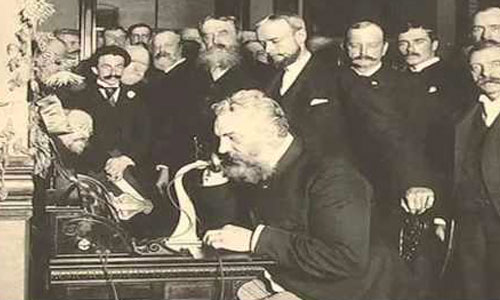
1. The First Phone Call
On March 10, 1876, Alexander Graham Bell made history by making the first-ever phone call to his assistant, Thomas Watson. The famous words spoken were, "Mr. Watson, come here, I want to see you." This marked a pivotal moment that revolutionised communication forever.
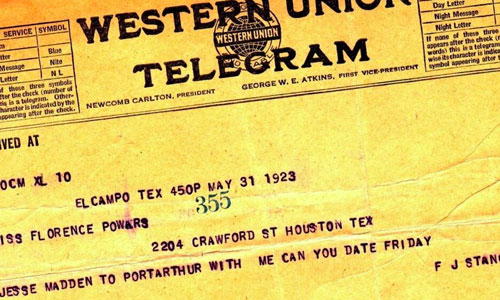
2. The Longest Telegram
In 1917, the Russian government sent a telegram to the American president, Woodrow Wilson, that holds the record for the longest telegram ever sent. The message was over 400,000 words in length, requiring weeks to translate and decipher its contents.
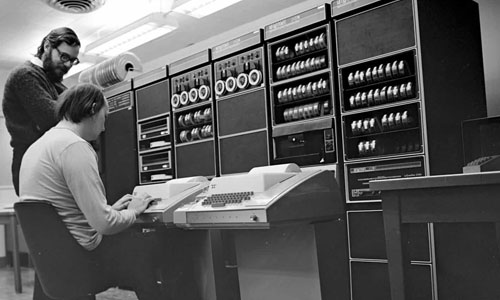
3. The Birth of the Internet
The precursor to the internet, known as ARPANET, was created by the U.S. Department of Defense's Advanced Research Projects Agency (ARPA) in the late 1960s. It laid the foundation for today's interconnected digital world.
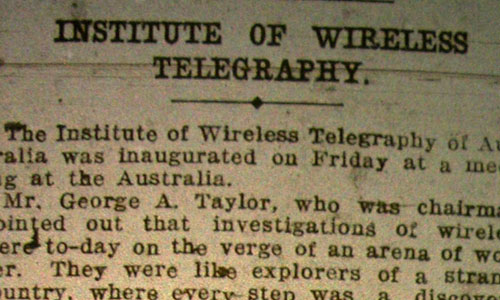
4. The Wireless Telegraphy Act
In 1904, the British government enacted the Wireless Telegraphy Act, which required all radio operators to hold licenses. The first person to receive a license was a 16-year-old named Archie Frederick Collins, making him the world's first licensed radio operator.
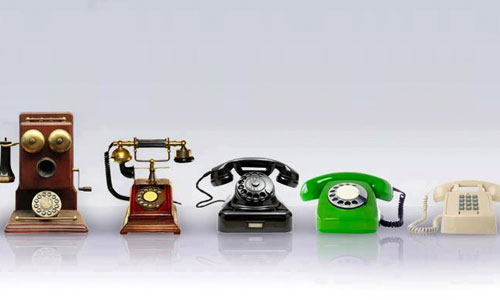
5. The Rotary Dial Revolution
Before the introduction of the rotary dial, telephone calls were connected manually by operators. The rotary dial, invented by Almon Brown Strowger in 1891, allowed users to dial numbers directly, eliminating the need for operator assistance.
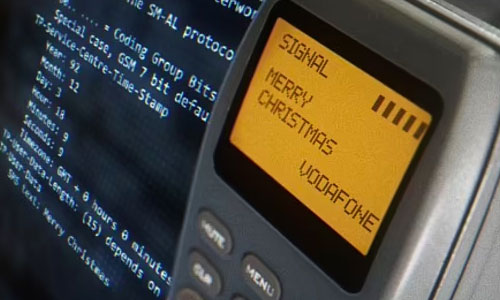
6. The First Text Message
The first text message, or Short Message Service (SMS), was sent on December 3, 1992, by a 22-year-old engineer named Neil Papworth. He sent the message "Merry Christmas" from his computer to Richard Jarvis's Orbitel 901 mobile phone.
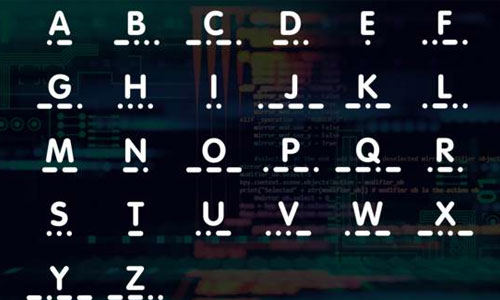
7. The Morse Code Mystery
The origin of Morse code is often attributed to Samuel Morse and Alfred Vail. However, the true inventor of the telegraph and Morse code is often contested, with some claiming that it was actually invented by Sir Charles Wheatstone and Sir William Fothergill Cooke.
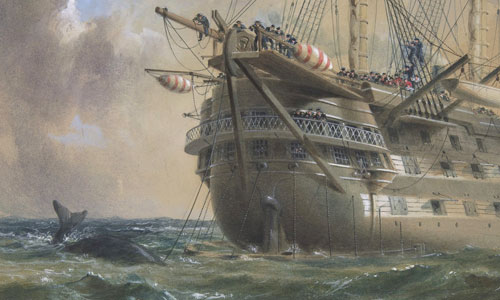
8. The First Transatlantic Cable
The first transatlantic cable, completed in 1858, connected Newfoundland, Canada, and Ireland, enabling telegraph communication between North America and Europe. However, the cable failed after just a few weeks due to technical issues.
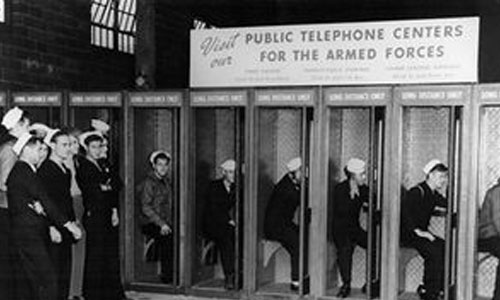
9. The First Public Telephone Booth
The first public telephone booth, or "payphone," was introduced in 1889 in Hartford, Connecticut. It was created by William Gray, who came up with the idea after witnessing a woman struggling to find a private place to make a phone call.
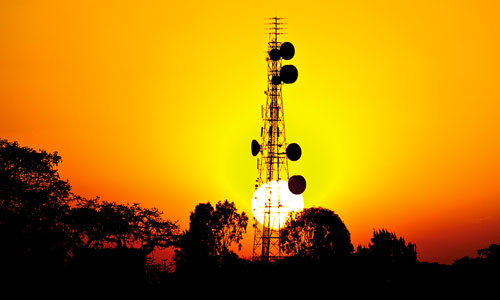
10. The Telecom Revolution in Africa
In many parts of Africa, mobile phones have had a profound impact on communication due to limited access to traditional landlines. Mobile technology leapfrogged the need for wired infrastructure, leading to increased connectivity and economic development.
The history of telecommunications is a treasure trove of intriguing facts and stories that highlight the ingenuity and perseverance of inventors and innovators. From Alexander Graham Bell’s first phone call to the birth of the internet and the evolution of mobile communication, these fun facts shed light on the milestones and quirks that have shaped the way we communicate

